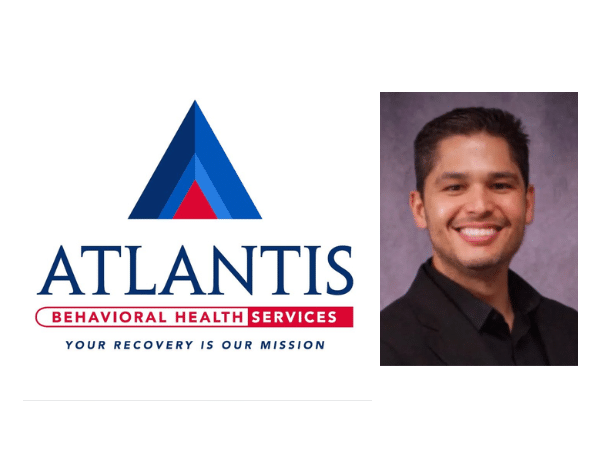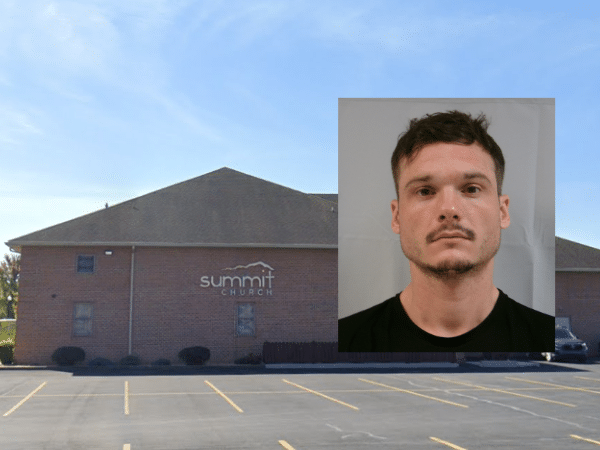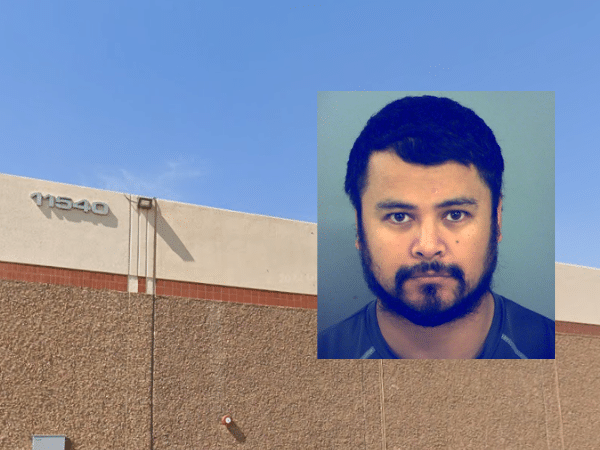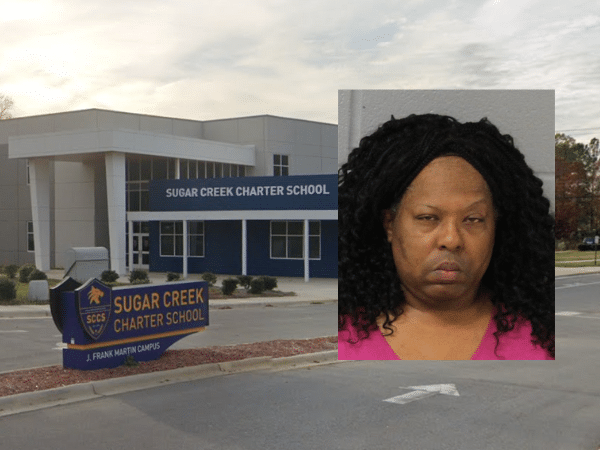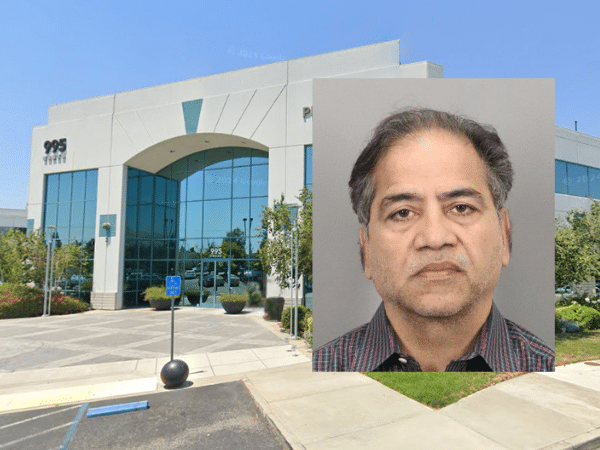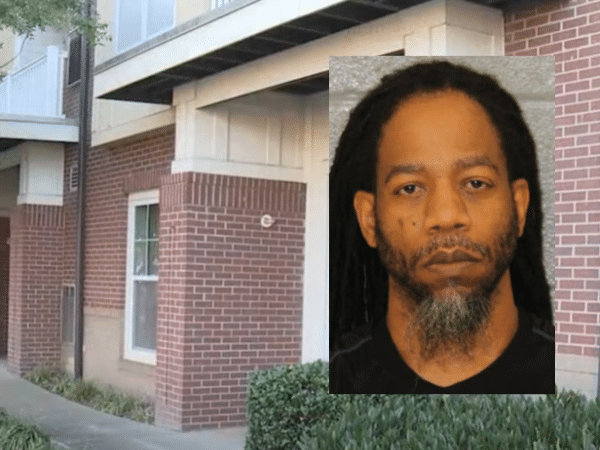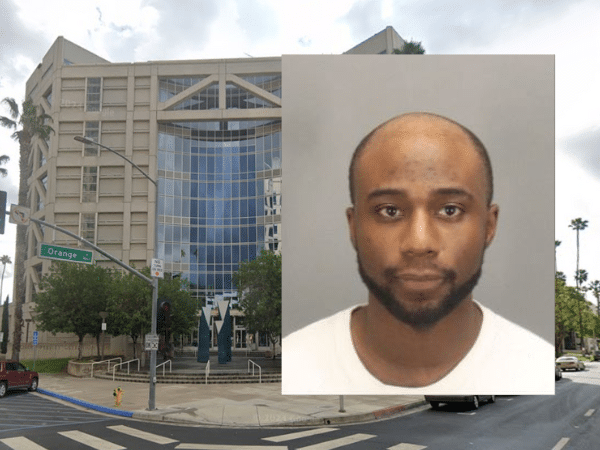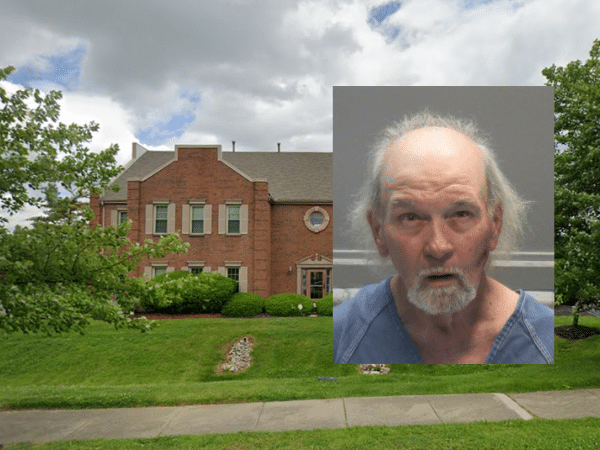ANDREOZZI + FOOTE
PENNSYLVANIA CHILD SEXUAL ABUSE LAWYERS
Home » Pennsylvania Sexual Abuse Lawyer » Child Sexual Abuse Lawyer
Reviewed by:
Benjamin D. Andreozzi, Esq.
- Last Updated: July 31, 2025
On This Page
- How Can Andreozzi & Foote Help?
- The Child Sex Abuse Statute of Limitations in Pennsylvania
- Factors that Influence Child Sex Abuse Case Worth
- What Types Of Sexual Violence Are Children Exposed To In Pennsylvania?
- Are There Social Environments That Foster Child Sexual Abuse?
- Sexual Abuse: Children And Teens Are Most at Risk
- How Can You Recognize A Child Abuser?
- What Are The Long-term Effects And Symptoms Of Child Sexual Abuse?
- How Can You Protect Your Child From Abuse In Pennsylvania?
- Call Our Pennsylvania Child Sexual Abuse Lawyers Today
Child abuse takes many forms, from the neglect of a child’s needs to violence against a child—including sexual violence. Sexual abuse of children includes any physical or non-physical contact between an adult and a child that results in sexual gratification for the perpetrator.
Childhood sexual abuse is, unfortunately, more widespread than most people realize. Carrying dreadful experiences into adulthood is a stark reality for many survivors in Pennsylvania. Pursuing justice through the legal system cannot undo the harm done, but it can hold the responsible parties accountable for their actions and compensate survivors.
At Andreozzi + Foote, our team of Pennsylvania lawyers is committed to helping victims move on with their lives by holding perpetrators and enabling institutions. We will guide you through the entire legal process, starting with a free, confidential case evaluation.
How Can Andreozzi & Foote Help?
As one of the nation’s leading law firms representing survivors of sexual abuse, Andreozzi + Foote has successfully represented some of the highest-profile child sexual abuse cases of our time. The trauma-informed attorneys at Andreozzi + Foote are committed to creating life-changing results for victims and their families.
Andreozzi + Foote’s child sexual abuse attorneys are dedicated advocates who combine experience, innovation, and compassion to deliver justice to survivors. As the only team that has taken sex abuse cases to trial in western, central, and eastern Pennsylvania, we don’t shy away from trials. We pride ourselves on carefully navigating the delicate balance between pressing a case for the best resolution and not interfering with a survivor’s recovery.
When you work with Andreozzi + Foote, we will do the following:
- Provide a free, confidential case evaluation with no obligations.
- Fully analyze all your legal options for holding perpetrators and institutions accountable.
- Provide comprehensive representation, including investigation, evidence gathering, filing of claims, litigation, and advocating for you in court.
- Work on a contingency fee basis with no upfront costs—we only get paid if we recover compensation for you.
The Child Sex Abuse Statute of Limitations in Pennsylvania
Pennsylvania recently passed a law extending the criminal and civil statutes of limitations for child sexual abuse claims. The law abolished the criminal statute of limitations for major offenses involving sexual abuse of children, such as rape and sexual assault, meaning prosecutors can bring charges at any time. For lesser offenses, prosecutors have until the victim’s 55th birthday to bring criminal charges.
Meanwhile, the civil statute of limitations also allows survivors of child sexual abuse to file lawsuits until their 55th birthday. The new law extended this deadline from age 30 to age 55.
However, this amendment is not retroactive. Survivors of abuse that occurred before the new law’s 2019 effective date are governed by the older law.
In 2024, a proposed ballot measure that would have further adapted the statute of limitations failed to pass for numerous reasons. The measure would have amended Pennsylvania’s constitution to create a two-year lookback window for people of any age to file civil suits for childhood sexual abuse.
Factors that Influence Child Sex Abuse Case Worth
Several factors can influence the value of a child sexual abuse case, including the nature and severity of the abuse, the long-term effects the victim has experienced, the strength of the evidence and witness testimony, and whether the lawsuit is filed against an individual or an institution.
Child sexual abuse settlements can range from thousands to millions of dollars, but outcomes vary and are not guaranteed. An experienced child sexual abuse attorney can assess your case to determine how much compensation you can pursue.
What Types Of Sexual Violence Are Children Exposed To In Pennsylvania?
We need to be more aware of the types of sexual abuse that occur in our society, as violence comes in many forms. Children cannot legally give consent to sexual activity, so sexual abuse can never be considered a child’s fault.
The following are all examples of child sexual abuse that we have encountered in Pennsylvania:
- Rape
- Sexual assault
- Incest
- Touching or fondling
- Grabbing or groping
- Forcing a child to be photographed in an obscene manner
- Sexual harassment of a child
- Causing or allowing child trafficking
- Using a controlled substance to impair a child for sexual exploitation
- Sexual or anti-LGBTQ bullying
- Exposure and voyeurism
The above actions are punishable under criminal laws. In addition, the perpetrators and parties who enable the abuse of a child can be held accountable for the harm through civil lawsuits.
Are There Social Environments That Foster Child Sexual Abuse?
According to data from the Centers for Disease Control and Prevention, about 90 percent of child sexual abuse cases are perpetrated by a family member or someone else the child knows and trusts. However, roughly 70 percent of survivors never report the sexual abuse they experienced as children, so the true impact of the problem is likely underestimated. A 2024 study also found that the rise of online sexual abuse in childhood has significantly raised the overall abuse prevalence rate.
There is no question that child sexual abuse is more common in some social environments. Understanding the social context that fosters abuse is essential. Generally speaking, we see it most commonly where:
- Violence is condoned or encouraged
- The power dynamic gives the perpetrator authority over prospective victims
- Few checks and balances exist for positions of authority
- Vulnerable people are dependent on adults
- Patriarchal hierarchies exist
- Women are subjugated
- Policies promote an environment of silence and secrecy
In short, oppressive environments where authority figures can exploit their power enable child sexual abuse more than free and open environments—mainly because they provide a “cloak” behind which perpetrators can hide their actions.
Sexual Abuse: Children And Teens Are Most at Risk
While sexual abuse can occur at any age, children and teens are especially at risk. Abusers prey on the vulnerable, and children are often unable to understand what is happening or repel the risk.
A 2024 UNICEF report revealed that over 370 million girls and women worldwide—one in eight—were sexually assaulted before the age of 18. When “non-contact” forms of sexual violence, such as online or verbal abuse, are taken into account, the number rises to one in five. The report also found that one in 11 boys and men were also victims of childhood sexual abuse and that most of this abuse occurs when victims are between the ages of 14 and 17.
How Can You Recognize A Child Abuser?
Many serial child abusers have honed their behavior into a well-developed system that preys on their victims. Their actions often follow a pattern. Individuals may work themselves into positions of trust and look and act like trustworthy people.
Often, they target vulnerable individuals and begin a “grooming” process. Offenders lavish attention on their victims, earn their trust, and actively blur the boundaries between what is acceptable and what is not.
Frequent abusers isolate their victims and test boundaries by noting reactions to inappropriate suggestions or even mild abuse before committing more severe acts. Therefore, they are able to cover their tracks and avoid suspicion. Many are so accomplished at doing this that parents and co-workers often do not notice the signs.
However, as a parent or colleague, you should be alert to some of the most obvious warning signs of behavior that could lead to abuse, such as the following:
- Insisting on physical contact with a child, such as hugging, touching, tickling or wrestling
- Offering to babysit for free
- Requesting sleepovers with particular children
- Making unusual and repeated requests that isolate children from their parents and others
- Bringing up age-inappropriate topics
- Excessive staring at children, significantly while changing clothes
- Dressing inappropriately around children
- Socializing more with children than with adults
- Buying expensive gifts or giving money to children
- Excluding other adults from activities
What Are The Long-term Effects And Symptoms Of Child Sexual Abuse?
Unfortunately, the victims of child sexual abuse must often carry the emotional pain of their ordeal into adult life long after the physical signs of abuse are gone. Childhood abuse can leave a lifelong mark on victims that some never wholly recover from. Attaining justice and having the courts recognize that they were wronged helps many heal.
Some of the long-term symptoms experienced by child sexual abuse victims include the following:
- Depression
- Anxiety
- Eating disorders
- Personality disorders
- Post-traumatic stress disorder
- Relationship and intimacy issues
- Sleep disorders
Victims may also suffer severe physical effects long after the abuse, such as the following:
- Reproductive health problems
- Gastrointestinal health problems
- Pain
- Cardiopulmonary symptoms
Studies show that victims of child abuse are more likely to suffer from ill-health in adult life.
How Can You Protect Your Child From Abuse In Pennsylvania?
There are some steps you can take to minimize the risks of your child being the next victim:
- Encourage your child to talk openly with you about what happens in their day.
- Urge your child to let you know if anyone hurts or frightens them in any way.
- Educate your child about physical boundaries—what is acceptable and what is not during contact with another adult.
- Build a trusting relationship where a child does not fear an angry response if they tell the truth.
- Be vigilant of all adults who teach, supervise, or monitor your child.
- Refuse to leave your child in the presence of someone you have doubts about, regardless of who it is.
- Provide permission for your child to refuse to obey an adult if they think the request is wrong.
- Follow through on your “gut instincts.” If you have concerns, speak to someone immediately.
Call Our Pennsylvania Child Sexual Abuse Lawyers Today
At Andreozzi + Foote, our attorneys have extensive experience advocating for survivors of sexual abuse. Dedicated to seeking justice for survivors, our team handles every case with compassion and professionalism, striving to create a safe and supportive environment for our clients.
For a free consultation with the child sexual abuse lawyers at Andreozzi & Foote, call (866)-694-2307 or fill out our online contact form. All information you provide, including your identity, will be treated confidentially.
CONTACT US TODAY
Free In-Depth,
Confidential Consultation
Empowering Survivors and Delivering Justice Nationwide
We understand the courage it takes to reach out for help, and we are here to listen. At Andreozzi + Foote, our trauma-informed attorneys are dedicated to providing compassionate, confidential support every step of the way. With extensive experience in advocating for survivors of sexual abuse, we are committed to creating a safe and supportive environment where your voice is heard and your rights are fiercely protected. Contact us today for a free, in-depth consultation and take the first step toward justice.


